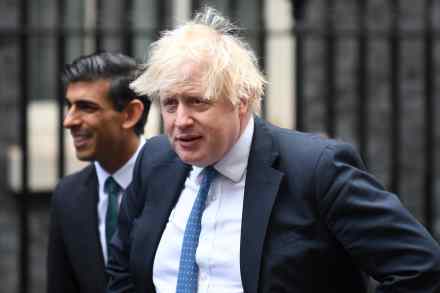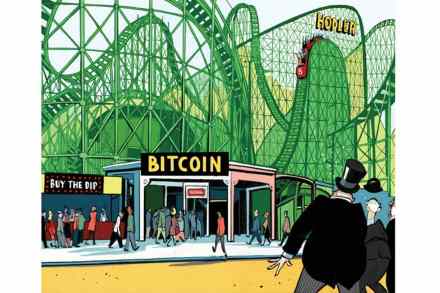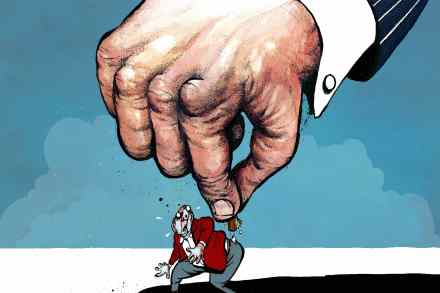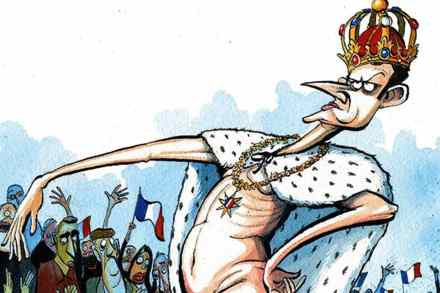Kemi Badenoch’s North Sea plan is just another soundbite
‘We’re going to get all our oil and gas out of the North Sea’ was certainly a winning line for Kemi Badenoch to deliver to the Offshore Europe conference in Aberdeen this week, just as she might open with ‘I love puppies’ to a spaniel breeders’ convention in Surrey. But other than as an appeal to climate-change-sceptic would-be Reform voters, how much sense did it make? A recent study by the industry body hosting the Aberdeen event says that if – in some Ed-Miliband-free alternative universe – all remaining reserves under the North Sea were licensed for development, they could provide half the UK’s hydrocarbon needs until 2050, by which






















